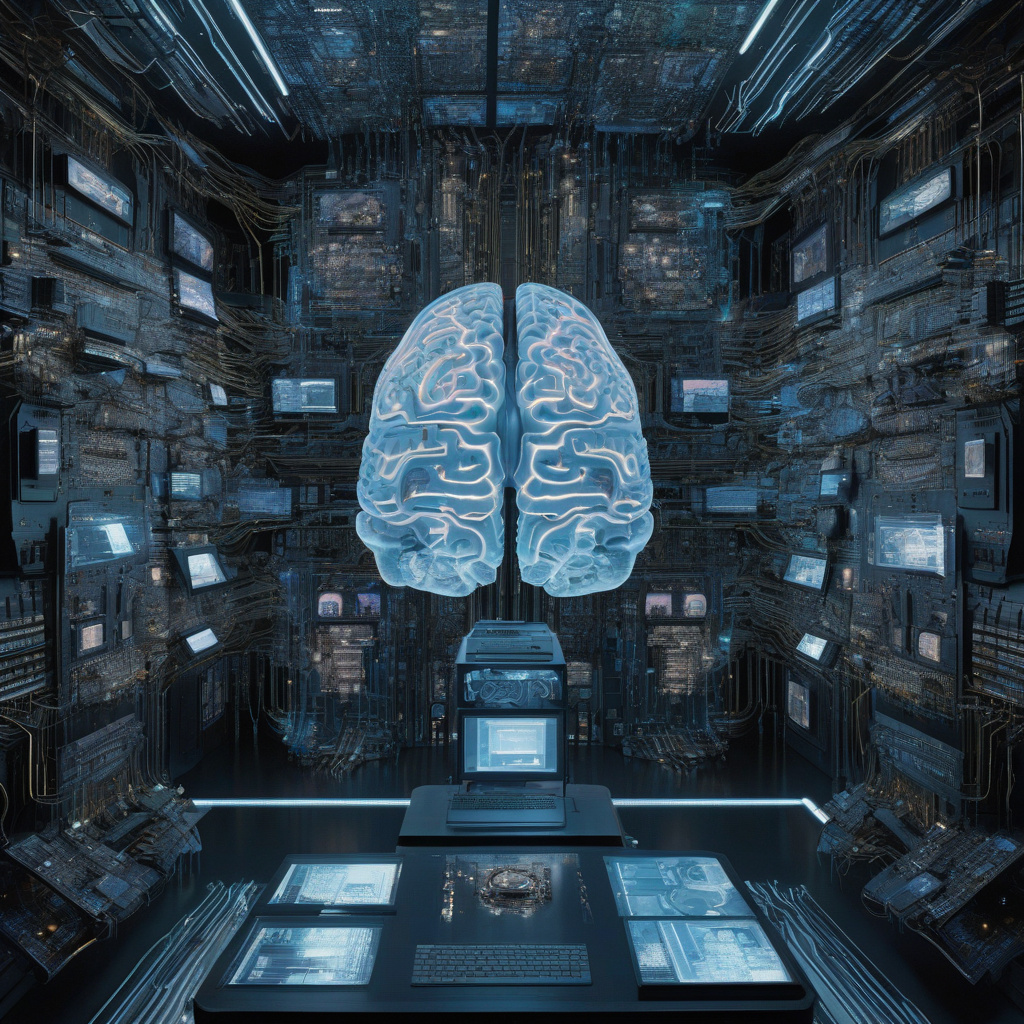AI and the Death of Forgetting: What Are the Implications of AI Remembering Everything?
In the analogue past, forgetting was natural. Letters yellowed, memories faded, and events passed into obscurity. But, in a digital age dominated by Artificial Intelligence (AI), the landscape of forgetting is undergoing a profound transformation. The very essence of memory is being reshaped by the relentless march of technology.
AI’s ability to remember everything raises significant implications across various domains. From a personal standpoint, the concept of forgetting becomes obsolete. Every interaction, purchase, or location visited can be stored indefinitely, creating a detailed digital footprint that encapsulates our entire existence. While this might seem convenient, it also blurs the lines between privacy and surveillance.
Consider the ramifications in healthcare. AI’s capacity to retain vast amounts of patient data enables more accurate diagnoses and personalized treatments. However, concerns arise regarding data security and the potential misuse of sensitive information. The balance between medical advancements and patient confidentiality becomes precarious in this era of perpetual memory.
Moreover, in legal contexts, AI’s perfect recollection poses both opportunities and challenges. Enhanced evidence gathering and case analysis can streamline judicial processes and improve outcomes. On the flip side, the permanence of digital memory raises questions about data integrity, tampering risks, and the right to be forgotten. How can we ensure fairness and transparency in a world where the past is always present?
From a business perspective, AI-driven memory revolutionizes customer relations and market strategies. Companies can harness data analytics to tailor offerings, predict trends, and optimize operations. Yet, this data-driven approach demands ethical considerations regarding consent, data ownership, and algorithmic biases. How can organizations navigate the fine line between personalization and intrusion?
The educational sector also stands to be profoundly impacted by AI’s memory capabilities. Customized learning experiences, adaptive feedback mechanisms, and comprehensive student profiles promise a paradigm shift in teaching methodologies. However, concerns over data security, intellectual property rights, and the erosion of traditional learning dynamics loom large. How do we safeguard educational integrity in a world where knowledge is infinitely retrievable?
In essence, the implications of AI remembering everything are far-reaching and multifaceted. As we navigate this uncharted territory, striking a delicate balance between innovation and protection becomes paramount. Embracing the potential of AI while mitigating its risks requires a proactive approach that prioritizes ethical frameworks, regulatory mechanisms, and societal dialogue.
The digital era offers unprecedented opportunities for progress and prosperity, but it also demands vigilance and responsibility. As AI reshapes the landscape of memory, we must tread carefully, ensuring that the power of remembrance enhances rather than diminishes our collective humanity.
In conclusion, the death of forgetting in the age of AI heralds a new era of possibilities and challenges. How we choose to navigate this evolving terrain will define not only the future of technology but also the essence of what it means to remember, forget, and ultimately, to be human.

